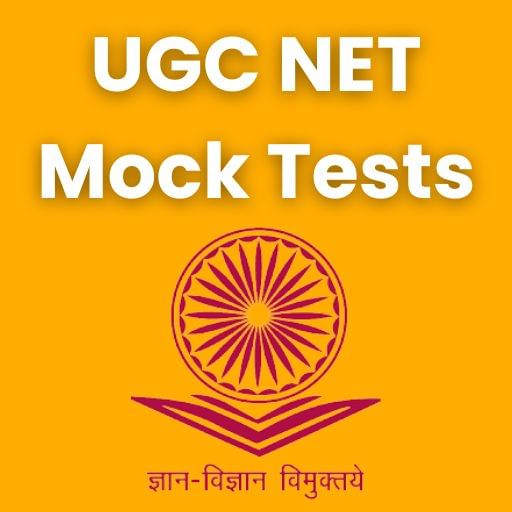3 Days Timetable: Units & Measurements (2025) | Physics for JEE Main & Advanced PDF Download
Let's explore the Physics chapter called "Units and Measurements" and understand its importance for the JEE exam. By studying the past years' JEE questions spanning from 2016 to 2025, we can see that this chapter is crucial for success in the JEE exam. Understanding the concepts in this chapter is vital. JEE Exam
Meet Your Timetable Goals with EduRev!
The study plan for this chapter offers you a schedule to manage your time effectively for learning and practicing the chapter thoroughly. By following this plan diligently, you'll be well-prepared to tackle even the most challenging questions asked in JEE related to each chapter. EduRev makes your preparation easier and saves you time by providing comprehensive resources for each topic, including chapter notes, videos, and tests. To access these valuable resources, simply click here.
Topics to Cover
- Introduction to Units & Measurements
- Fundamental Forces in Nature
- Accuracy, Precision of Instruments & Errors in Measurement
- Vernier Caliper
- Measurement of Length, Mass & Time
- Screw Gauge
- Scientific Notation & Significant Figures
- Dimensional Analysis & Formulas
Day 1: Introduction to Units & Measurements, Fundamental Forces in Nature, Accuracy, Precision of Instruments & Errors in Measurement
 Precision Tools
Precision Tools
- Start by reading the chapter notes on Introduction to Units & Measurements available on EduRev.
- Watch the video tutorial on Fundamental Forces in Nature for a deeper understanding.
- Solve practice problems from DC Pandey and HC Verma on these topics.
- Practice questions from the NCERT Exercise (solutions available on EduRev).
- Take a chapter-wise test on these topics.
Study Tips: Create flashcards for key concepts and formulas. Use the Short Tricks for Units & Dimensions video on EduRev to remember important tips and tricks.
Day 2: Vernier Caliper, Measurement of Length, Mass & Time, Screw Gauge
 Vernier Caliper
Vernier Caliper
- Go through the chapter notes on Vernier Caliper and Measurement of Length, Mass & Time available on EduRev.
- Watch video tutorials to understand the practical aspects of using a Vernier Caliper and Screw Gauge.
- Solve practice problems from Irodov and DC Pandey for these topics.
- Practice questions from the NCERT Exercise (solutions available on EduRev).
- Take a chapter-wise test on these topics.
Study Tips: Create a cheat sheet with step-by-step procedures for using Vernier Calipers and Screw Gauges. This will help you during quick revisions.
 |
Download the notes
3 Days Timetable: Units & Measurements (2025)
|
Download as PDF |
Day 3: Scientific Notation & Significant Figures, Dimensional Analysis & Formulas

- Read the chapter notes on Scientific Notation & Significant Figures and Dimensional Analysis & Formulas on EduRev.
- Watch video tutorials to grasp the concepts thoroughly.
- Solve practice problems from HC Verma and Irodov on these topics.
- Practice questions from the NCERT Exercise (solutions available on EduRev).
- Take a chapter-wise test on these topics.
Study Tips: Mnemonics can help you remember Scientific Notation and Significant Figures. Create your own mnemonics or use those provided in the study resources on EduRev.
Revision
- Review all the topics covered over the past three days.
- Use the Revision Notes for Units & Measurements available on EduRev for quick recap.
- Solve a few additional practice problems from each topic for reinforcement.
By following this study plan and utilizing the resources on EduRev, you will be well-prepared to excel in the "Units and Measurements" chapter for JEE Physics.
Here are all the links organized into categories at the end of the study plan:
Study Resources:
- Introduction to Units & Measurements
- Fundamental Forces in Nature
- Accuracy, Precision of Instruments & Errors in Measurement
- Vernier Caliper
- Measurement of Length, Mass & Time
- Screw Gauge
- Scientific Notation & Significant Figures
- Dimensional Analysis & Formulas
|
291 videos|648 docs|183 tests
|
FAQs on 3 Days Timetable: Units & Measurements (2025) - Physics for JEE Main & Advanced
| 1. What are the fundamental forces in nature? |  |
| 2. What is the difference between accuracy and precision of instruments? |  |
| 3. What are the sources of errors in measurement? |  |
| 4. How does a Vernier caliper work? |  |
| 5. What is dimensional analysis and how is it useful in physics? |  |

































